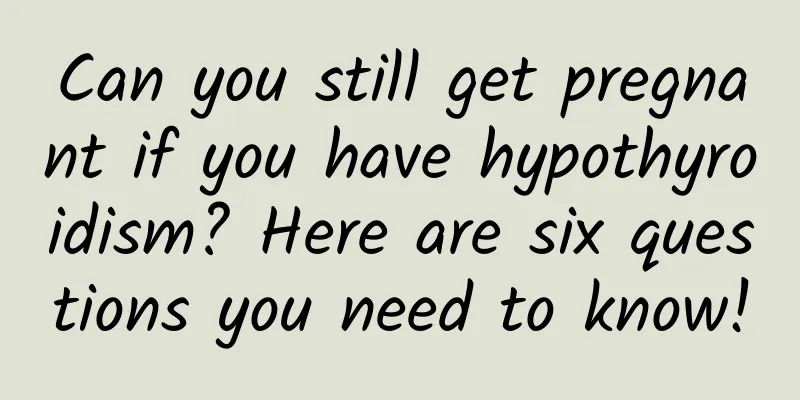What does the nine-price test mean?

|
What does the nine-valent vaccine mean? The nine-valent HPV vaccine is used to prevent cervical cancer caused by human papillomavirus (HPV) infection, and can prevent more than 90% of cervical cancer. The vaccine was approved for sale abroad in 2014. On April 28, 2018, the National Medical Products Administration approved the sale of the nine-valent HPV vaccine for the prevention of cervical cancer in my country. Vaccination is the primary prevention, and screening is the secondary prevention, and both are equally important. Therefore, cervical cancer screening measures cannot be relaxed just because of vaccination. The nine-valent HPV vaccine has good antigenicity. After completing the three-dose vaccination program, the positive conversion rate of serum antibodies of the relevant types can reach almost 100%. One month after the vaccination program, the maximum geometric mean antigen titer reached 100 times the antigen level after natural infection. In the next two months, the value dropped to 10 times, reaching the weight loss bottleneck period. The vaccine's antigenic level can be maintained for at least 4 years. In clinical studies of the efficacy of the nine-valent HPV vaccine, the key observation endpoints were persistent infection with other HPV types, genital warts associated with relevant HPV types, cervical intraepithelial neoplasia (CIN), and genital or vaginal intraepithelial neoplasia (VIN or VaIN). Clinical studies have shown that vaccination with the nine-valent HPV vaccine can produce good protective effects, effectively reducing persistent infection with certain types of HPV and precancerous lesions of the cervix, vagina, and genitals, and the protective effectiveness can reach more than 90%. The nine-valent HPV vaccine includes HPV-6 and HPV-11 VLPs, which have a good preventive effect on genital warts. Nine-valent vaccine group The nine-valent HPV vaccine approved for sale in my country is suitable for women aged 16 to 26. Often included in this age group, the actual basis comes from three aspects: 1. The clinical trial age for this vaccine is 16 to 26 years old. In this age group, the vaccine's overseas clinical trial data and its protective effect against persistent infection in the Asia-Pacific population suggest that its benefits outweigh the risks. risk. 2. In our country, the probability of females aged 9 to 15 years old surviving is very low. Only immunity bridging experiments were conducted for those aged 9 to 15 years old, and the clinical trial data information on the Chinese population in the Asia-Pacific region was limited. 3. Women over 26 years old are very likely to have a history of virus exposure, and there is no evidence to prove that the vaccine has a protective effect on exposed groups of this age group. |
<<: Is it better to have abortion as early as possible?
>>: Is abortion painful? How long does it take?
Recommend
The first batch of post-95s have already started to suffer from gout...
The pain of gout is enough to make an eagle-like ...
Woman fills temples
A face with sunken cheeks, less flesh and thin sk...
Is it normal to not see the embryo or fetal heartbeat at 56 days of pregnancy?
The embryonic bud and fetal heart refer to the fi...
Sexual intercourse before transplantation helps implantation
In vitro fertilization is one of the more common ...
Can I masturbate to orgasm when I am 3 and a half months pregnant?
Pregnancy is a long process for pregnant women. F...
Is right occipital anterior position definitely a girl?
During pregnancy, every pregnant mother needs to ...
Why am I nauseous even though I'm not pregnant?
Morning sickness is basically a pregnancy reactio...
Can I eat cumin during menstruation?
We all know that women’s menstrual period is a ve...
When there is leucorrhea, is it the ovulation period?
Leucorrhea is a normal secretion of women. Becaus...
What are the changes in body temperature on ovulation day?
During different menstrual periods, women's b...
Are black takeaway spoons poisonous? Do you still dare to use them?
Editor: Gong Zixin When you order takeout, do you...
Can I use freezing point to remove hair during menstruation?
Summer is the time to show your figure, but when ...
Don’t let insomnia spread
This is the 3760th article of Da Yi Xiao Hu The e...
Preparation for fallopian tube anastomosis
For some people, the fallopian tube and uterus ar...









